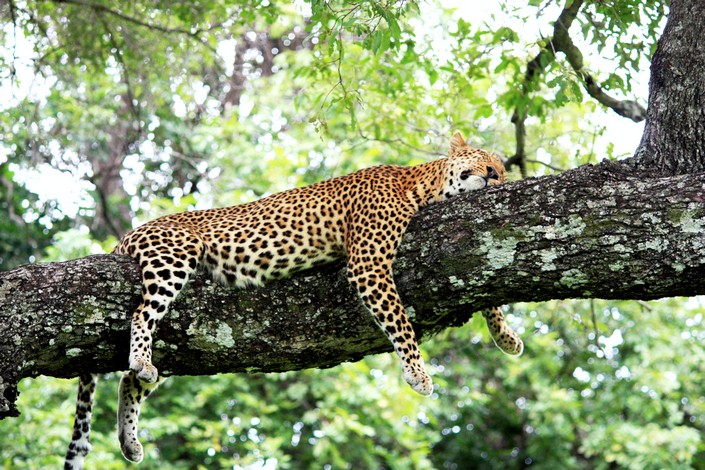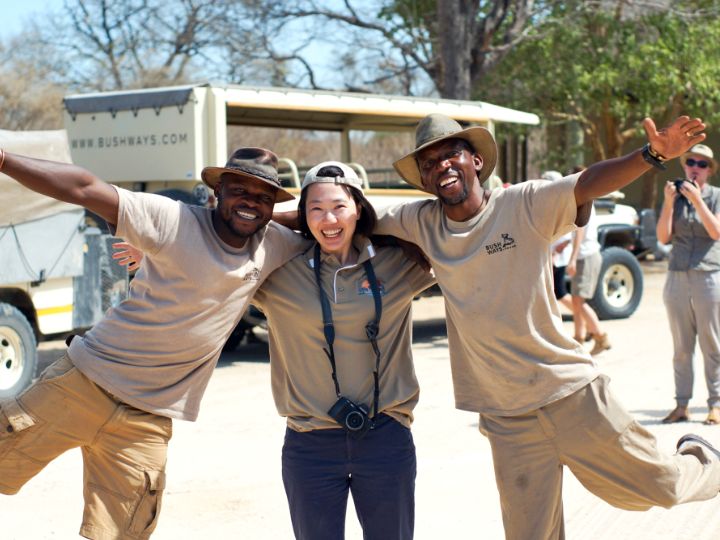The Masai Mara are a semi-nomadic group of people situated in Kenya and northern Tanzania. The tribe is amongst the most well-known of African ethnic groups due to their close living proximity to the various game reserves throughout East Africa, as well as their characteristic traditions and dress-style. Despite the governments of Tanzania and Kenya establishing programmes to sway the Masai into abandoning their semi-nomadic traditions, the tribe has kept true to their ancient customs. Plenty of the Masai Mara groups throughout both countries welcome visitors in order to give them a taste of the local culture, traditions and general lifestyle.
The traditional music of the Masai Mara tribe is made up of beats supplied by a vocal chorus of harmonies, led by a song leader (‘olaranyani’) who sings the main melody. The woman sing lullabies and hum songs in order to give praise to their sons, and when grouped together, Masai women will usually sing and dance amongst themselves. In this tribe, a coming of age ceremony of the warrior, called Eunoto, exists and can include over ten days of singing, dancing and performing rituals. The warriors are renowned for, and frequently photographed during, competitive jumping. The warriors create a circle and, one by one or two by two, perform precise jumps in the middle of them. One of the most popular customs of the Masai is the piercing and subsequent stretching of earlobes, in which the females sport a range of beaded decorations.
Top Adventure Tours to Kenya and Tanzania:
12 Day Kenya and Tanzania Budget Safari
15 Day Kenya and Tanzania Safari
30 Day Highlights of Tanzania (South)
The Masai Mara tribe has a very distinctive appearance, with ochre-covered warriors raising their spears in pride and boasting their blood-red cloaks (shukas). The women adorn themselves with earrings whilst the men often cover their braided hair with thick ochre paste and perhaps don extravagant head-dresses (usually made of lion mane or eagle/ostrich feathers).
The group rear cattle and therefore must often venture out in search of new grazing fields. The cows are crucial to the tribe’s survival, providing milk and blood for food, hides for mattresses and clothes, excrement for plastering manyatta (hut) walls, and urine for its sterile medicinal cleaning qualities. Strangely, the meat of the cattle is hardly ever taken for food, but will sometimes be used in ceremonies. The cows are also a sign of wealth and are exchanged during the process of marriage. Other animals such as goats and sheep are also reared within the Masai tribes.
Families of the Masai tribes reside in a type of enclosure or Enkang created by thick, sharp thorn bushes in order to guard the tribe and their livestock from rival tribes and dangerous predators. The Enkang usually houses up to twenty small manyattas created from using branches pasted with fresh cow dung that proceeds to bake beneath the hot rays of the sun. With so many fascinating cultural and traditional aspects in which to immerse yourself, paying a visit to the Masai Mara tribes during your trip to Kenya or Tanzania is a highlight of your safari.





0 Comments